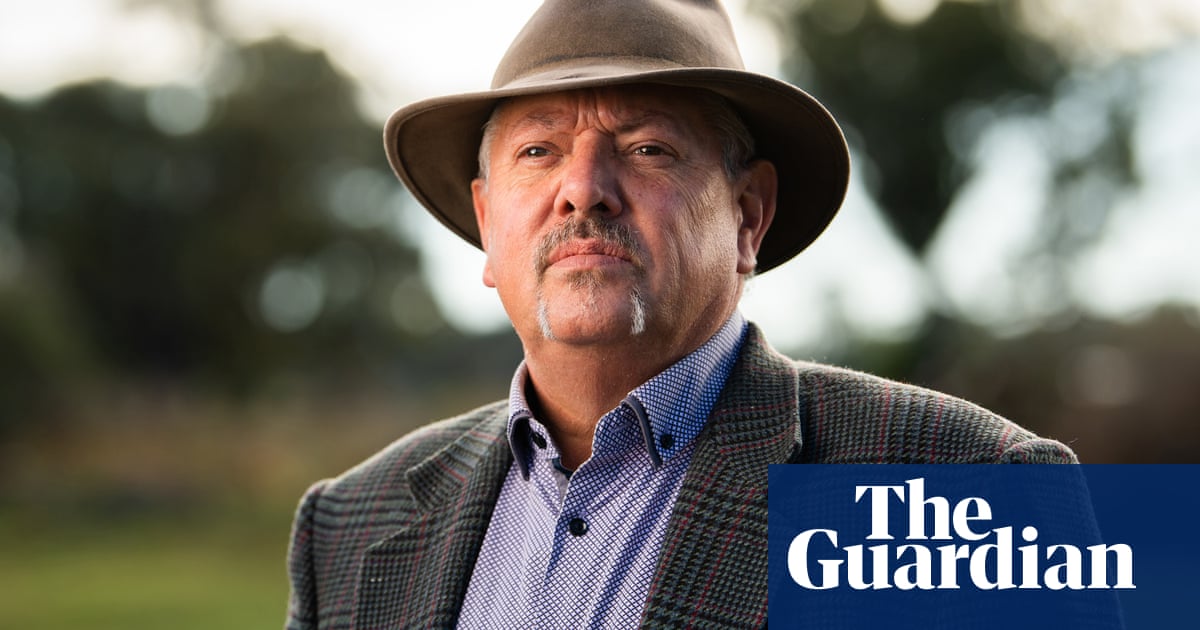The Dja Dja Wurrung Clans Aboriginal Corporation (DJAARA) has become the first traditional owner group to seek to negotiate a local treaty with the Victorian government.
The corporation, which represents the Dja Dja Wurrung people, has become the first traditional owner group to be formally entered into a register run by theTreaty Authority– the independent umpire that will oversee negotiations. It is the first step to prepare for a traditional owner treaty negotiation.
The authority will work with the traditional owner group before the state is invited to negotiate, and the corporation will form a delegation to represent the group during treaty talks.
DJAARA’s move comes as Victoria continues to work towards establishing what would be Australia’s first statewidetreaty with First Nations people.
DJAARA chief executive, Rodney Carter, said the group wanted more independence and authority to manage land on its country in central Victoria, which takes in Bendigo.
“It’s really exciting,” he said of the group’s progress towards a local treaty with the state.
Carter, a Dja Dja Wurrung and Yorta Yorta man, said traditional owner groups often faced planning regime barriers regarding land management.
“If we’re self-regulated and we’ve got these exceptional standards and we adhere to those, that would be really empowering and about self-determination that we make decisions for ourselves.
“We can be held to account in what we do.”
Sign up for Guardian Australia’s breaking news email
Carter said the traditional owner group could also bring “constructive solutions” to other areas. He said other priorities for treaty negotiations included discussing how “ongoing integration of western science and traditional knowledge” could be used in an education setting.
Jidah Clark, a Djab Wurrung man and Treaty Authority chair, said a “diversity of views, lessons and experiences” from communities across the state had laid strong foundations for treaty-making.
“Treaties will recast the relationship between First Peoples and the state, bringing us closer together. This is an important marker on the path towards unity,” he said.
Victoria’s minister for treaty and First Peoples, Natalie Hutchins, said traditional owner groups were “experts in their communities, languages, cultures and caring for Country.”
“Treaty is about making a better and fairer state for every Victorian,” she said.
Sign up toBreaking News Australia
Get the most important news as it breaks
after newsletter promotion
The First Peoples’ Assembly – Victoria’s democratically elected Indigenous body – last November begannation-first treaty talkswith the Allan government. A statewide treaty – the first of its kind in Australia – will tackle problems affecting First Nations Victorians.
In January the assembly and government announced the assembly’s role evolving to become anongoing First Peoples’ representative body, was being considered as part of statewide treaty negotiations.
When the statewide treaty negotiations began last year, the Victorian premier, Jacinta Allan, said outcomes would need to be passed in the state parliament.
Traditional owner treatiesallow Indigenous groups to enter into separate agreements about issues and priorities for their communities and region.
Rueben Berg, a Gunditjmara man and assembly co-chair, said local treaties would enable traditional owner groups to use their local expertise to deliver solutions for their community.
Victoria’s oppositionwithdrew support for the treaty processin January 2024, citing concerns about culture heritage laws, after the defeat of the federal voice to parliament.
